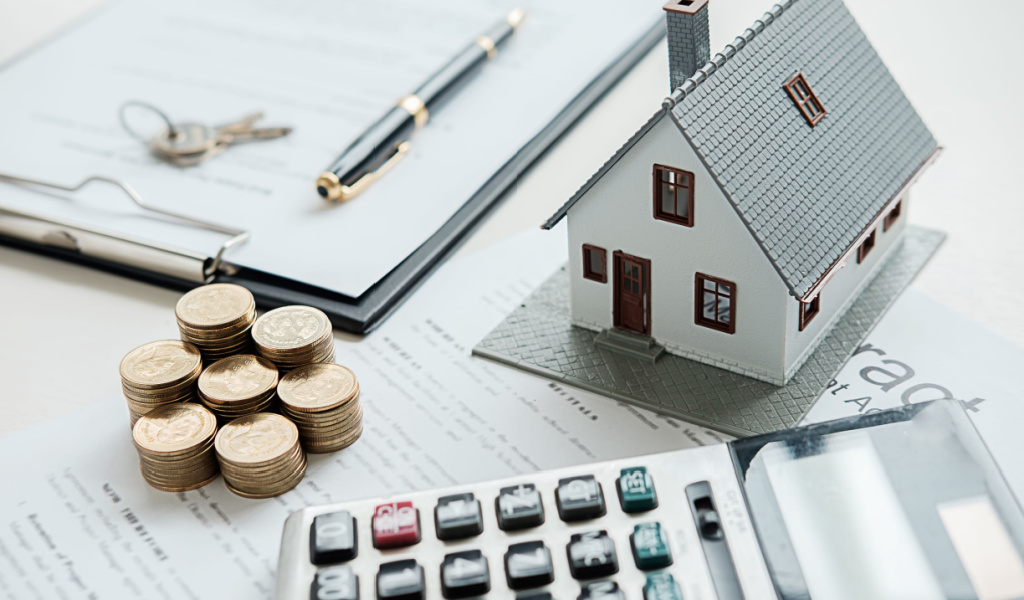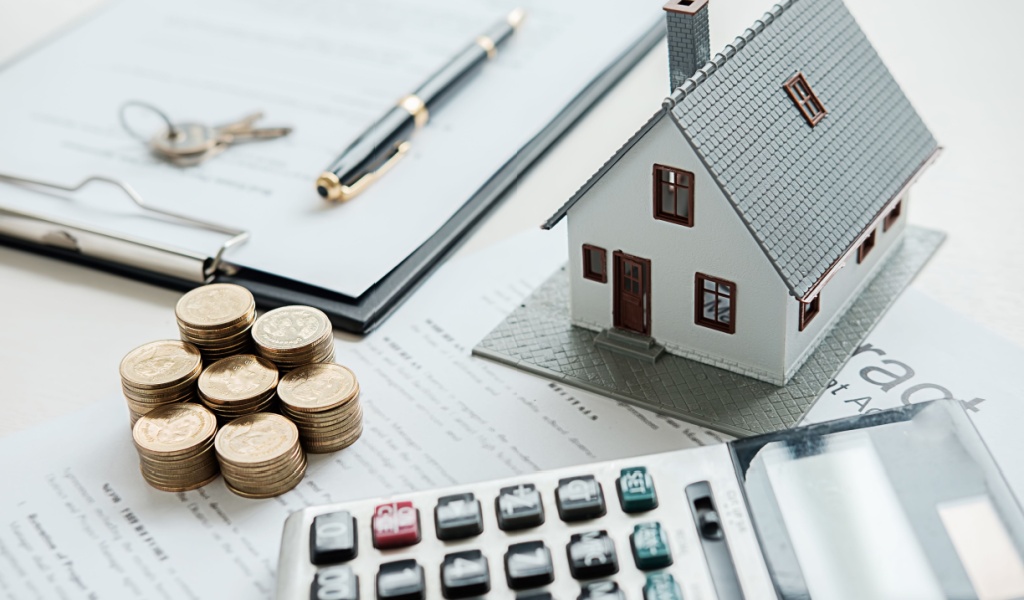Purchasing a new home is a valid reason for anyone to be excited, and you may be eager to complete the transaction and move in as soon as possible. In the post-covid era, contactless purchases are becoming far more common. Still, we strongly suggest meeting the previous owner since only someone who has lived there will know the peculiarities of your new home.
No doubt, asking appropriate questions will help clear all your doubts and help you do the necessary research to determine if the property is right for you. This way, you can be assured that your offer is sensible and that the home fulfills your long-term requirements. Here are some essential questions to ask before closing the deal on your new home:

What is the maximum limit of my budget?
Looking for homes without determining how much you are willing to spend is a waste of time. Besides the cost of the purchase, additional costs must also be factored in. This consists of property taxes, homeowners’ association dues, homeowners’ insurance, ongoing upkeep of the house, and any intended upgrades. If you want your offer to be accepted, it is necessary to show the seller that you have the required financial backing to purchase the property, which entails getting a mortgage pre-approval.
Why is the house being sold?
Knowing the cause of the move, such as a job transfer, downsizing, or the consequence of a major life event, may help you assess the seller’s negotiation purposes. This way, you can be sure that the home isn’t being sold because of something wrong with it that somehow makes it unlivable.
Furthermore, a savvy buyer’s agent will acquire this information for you and analyze the seller’s likelihood of being open to negotiation. Compared to a seller who is not in any hurry to leave, a motivated seller who needs to sell the house immediately or whose property has been on the market for an extended period is more inclined to cooperate with you.
What is included in the sale?
When purchasing a house, any item viewed as a fixture, such as faucets, cupboards, and window coverings, is typically included in the sale. However, you may assume certain items are a part of the house but are not. This depends on the laws of your state. Any exclusions that the seller is not offering ought to be clearly stated in the listing description. Unfortunately, this is usually not the case. Therefore, make it a point to ask questions about inclusions/exclusions.
What is the neighborhood like?
A good neighborhood is one of the most crucial points to consider when purchasing a home, but it’s not always easy to land one, especially if you have a limited budget. Ask the seller questions about the neighborhood, such as if the area is pet-friendly, if the neighbors are friendly, if there are families with young kids, etc. Ask around from different sources because you should not rely entirely on the seller for this information.
Is the home at risk for floods or other natural disasters?
A home situated in a flood zone or an area vulnerable to natural disasters requires additional insurance protection. For example, houses in federally designated high-risk flood zones are required to have flood insurance.
Similarly, you may need earthquake insurance if you purchase a home in California since earthquakes are frequent there. Buying adequate homeowner’s insurance is also advisable to pay for the total cost of reconstructing your house in the event of a disaster. In case of a catastrophic disaster, you will have to pay a hefty amount for repairs or reconstructions out of your pocket if you don’t have sufficient insurance.

Were there any major alterations or additions?
Property records and listing descriptions might not always be correct. Although a house can be recorded as having four bedrooms, one of those bedrooms could be a non-compliant extension that violates local building rules.
Ask for the original manufacturer’s warranties on any equipment or systems that have been altered. Moreover, find out what significant improvements or repairs the seller has carried out since owning the property. Understanding a home’s remodeling history will help you judge the condition of the property and the asking price more accurately.
What is the age of the roof?
The roof is undoubtedly one of the most essential components of a house, and it is costly. If it’s not in an ideal condition, you may end up having to spend thousands of dollars to replace the home’s roof soon after moving in. If you’re applying for a mortgage, your lender might request to fix the roof if there is any existing damage to approve your loan. So, you must specify the roof’s age in the listing description to avoid any additional financial burden.
Are there any risks to one’s health or safety?
Radon, lead paint, and other hazardous materials can be costly to remove, along with delaying your loan approval. Not to mention, these can come with serious health risks! If such issues had occurred before, ask the seller to provide proof of how the problems were addressed. Furthermore, specialized services can be costly if you suspect dangers or a home inspector requests an additional inspection.
How old are the main systems and appliances?
Learning the expected service life of essential systems and appliances, like the washer, dryer, stove, air conditioner, and water heater, will help you plan for major repairs or replacement costs. Request the seller to provide a house warranty if such products are nearing the end of their expected lifetime. Additionally, this can help cover the replacement costs.
How much have other properties in the neighborhood sold for?
The housing market sees its fair share of ups and downs over the years, so you should keep yourself up-to-date on the market trends if you are looking to purchase a new home. An excellent way to gauge if the property in consideration is reasonably priced or not is by familiarizing yourself with the market prices in the area in question. Your realtor can collect listing information of similar houses currently available in the market and have recently been sold to use as a benchmark. You can also ask around in the neighborhood to see if any houses nearby have been sold recently and find out how much it was sold for.



